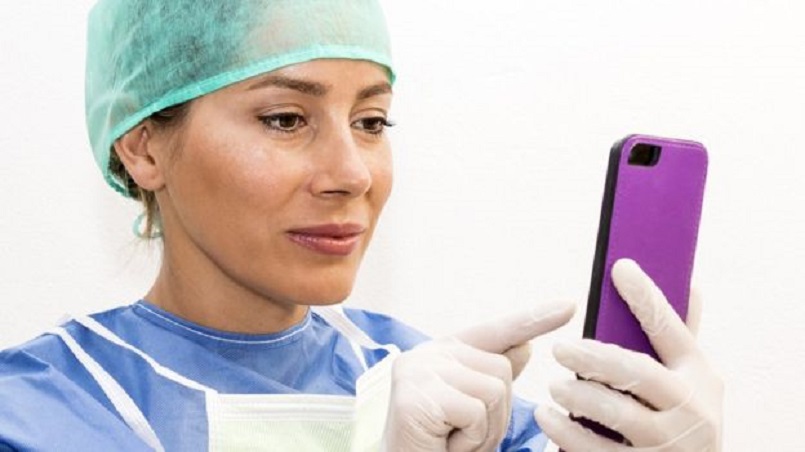
Big data. It's one of the tech cliches of the age. The idea that the torrent of data now being created can be processed in all sorts of clever ways with life-changing implications.
On my Tech Tent podcast this week, we look at the promise and perils of data and ask whether we are ready to share more of it with companies that say they will use it for our benefit.
Google: Good for your health?
This week, we heard of a massive data partnership between a technology company and the Britain's National Health Service. The idea is that London's Royal Free Hospital will share data from two and a half million patients with DeepMind - Google's artificial intelligence business.
It will use the data to develop an app, which will help doctors and nurses monitor the condition of patients more quickly. The hospital says this could save lives.
But not everybody is happy about this deal. Some have questioned the circumstances under which this sensitive and potentially valuable data was handed over to a powerful technology company. Among them is Julia Powles, who works on technology law and policy at Cambridge University. She's concerned that the health service has struck a deal with Google, which has no experience in healthcare, and asks whether we would be comfortable if a similar arrangement was made with a drugs company.
DeepMind's co-founder Mustafa Suleyman tells us that the company has showed unprecedented levels of transparency in publishing the contracts it has with hospitals. He insists that doctors and nurses approached DeepMind with the idea for the app - and that the data cannot be used for any other purpose than improving the care of patients.
Driverless cars: Who's in charge?
Here's another data dilemma - do you want your car to hand over information to your insurance company if you have an accident? As we move towards driverless vehicles, the insurance industry has a big concern: what happens when something goes wrong? It's calling for manufacturers to supply data from immediately before and after an accident, which will indicate who was in charge - motorist or machine.
We hear from Matthew Avery of Thatcham Research, which is funded by the insurance industry. He takes me for a spin in a semi-autonomous Tesla and explains that many of the rules of the road will have to be adapted for this new era of motoring.
Living in the Quiet Zone
Our final report is from a place where you can get right off the data grid. Dave Lee has been to Green Bank in the middle of the US Radio Quiet Zone, a special area where tight restrictions are placed on technology.
That means no mobile phones and no wi-fi - both would disrupt the operation of the Green Bank Telescope. This colossal instrument listens out for sounds deep in our universe. If aliens are out there, this thing will hear them first. Because it is so disconnected from modern communications, the town has become a hub for people convinced they have an adverse reaction to cellular transmissions and other interference.
Now though, there is a threat to this quiet way of life. Earlier this year, the US government decided it could no longer afford to maintain the telescope.
